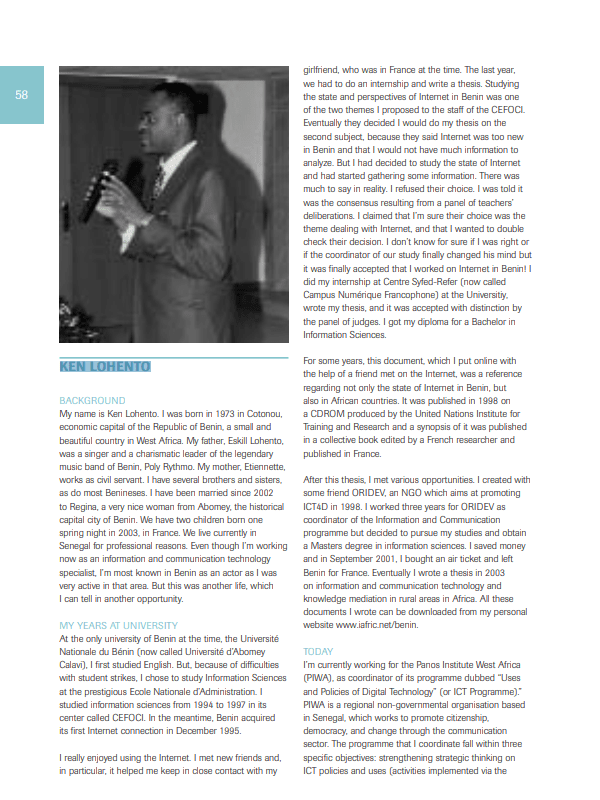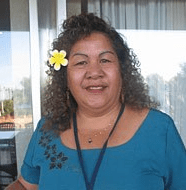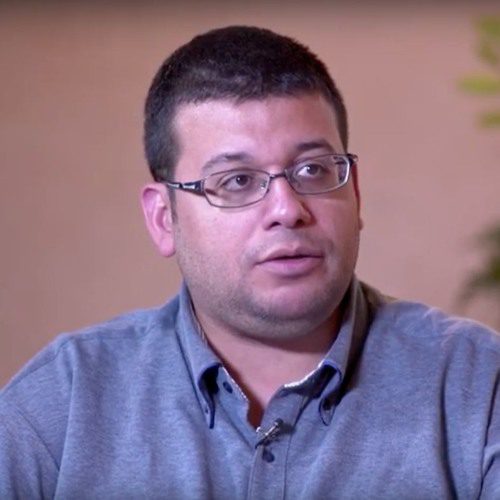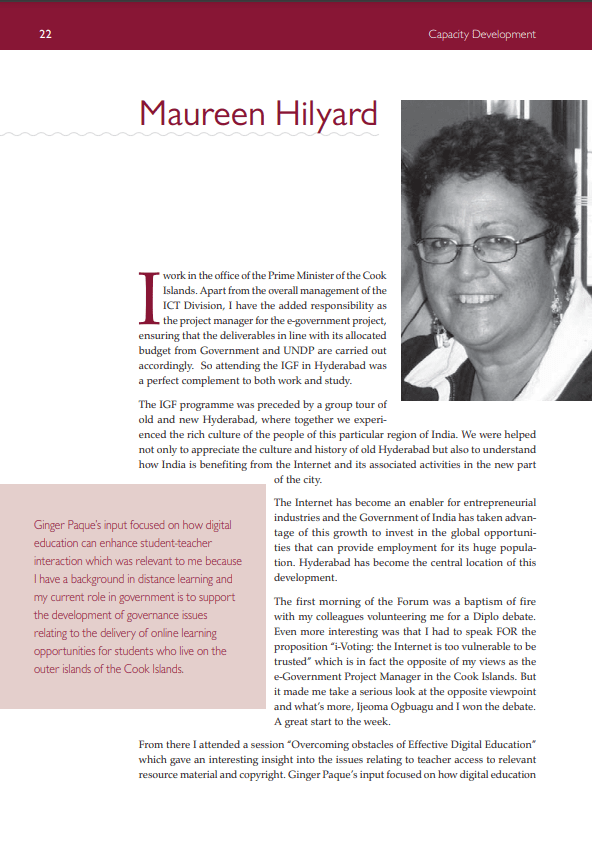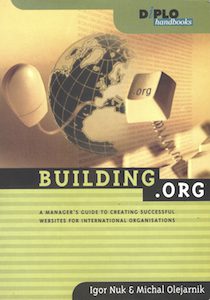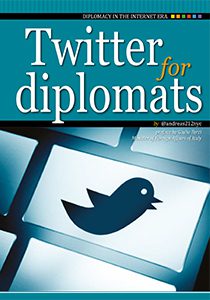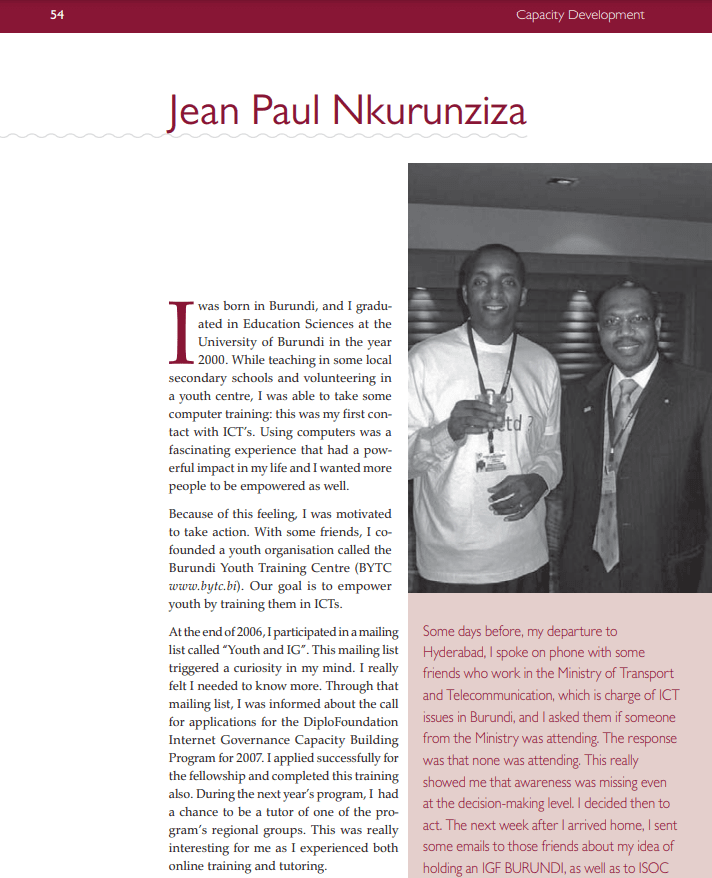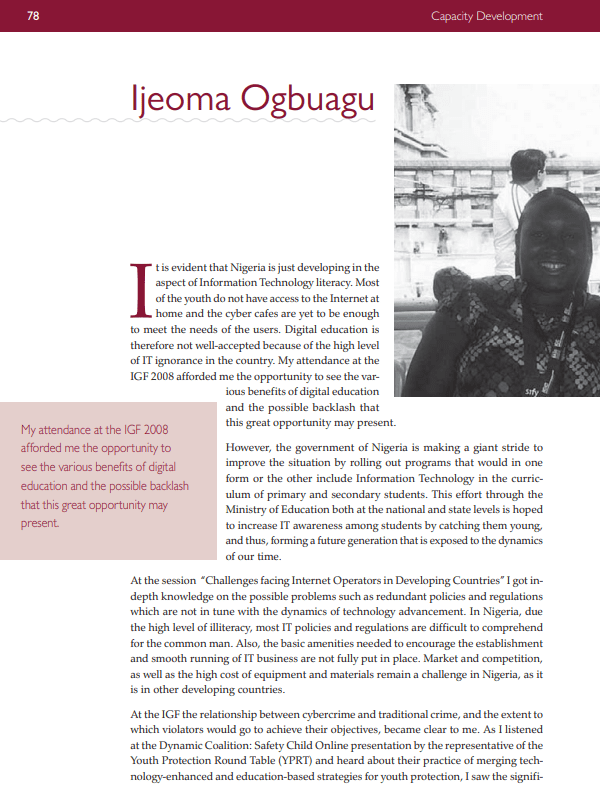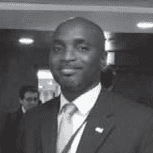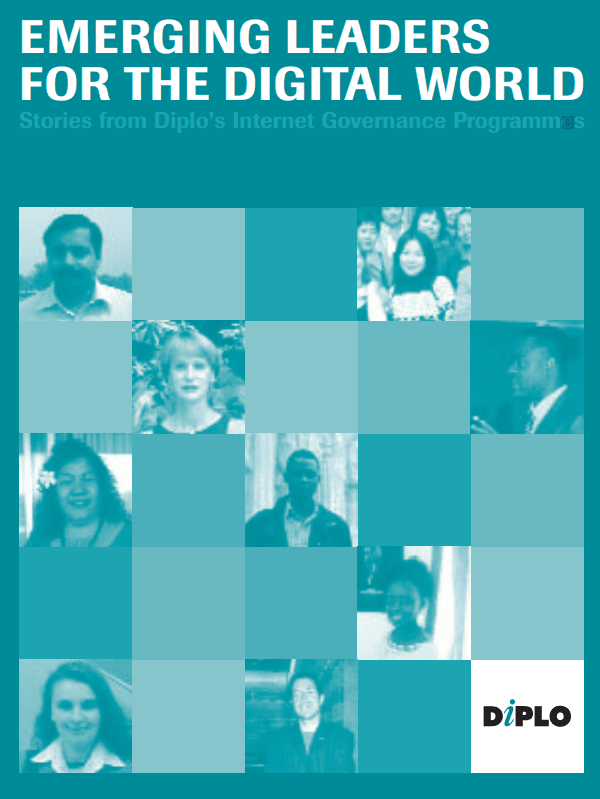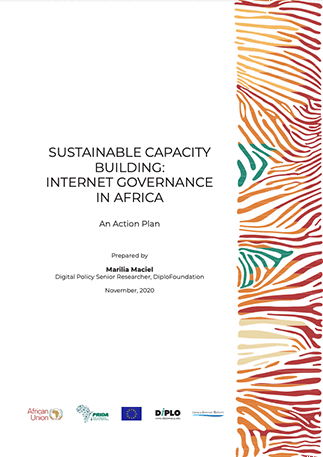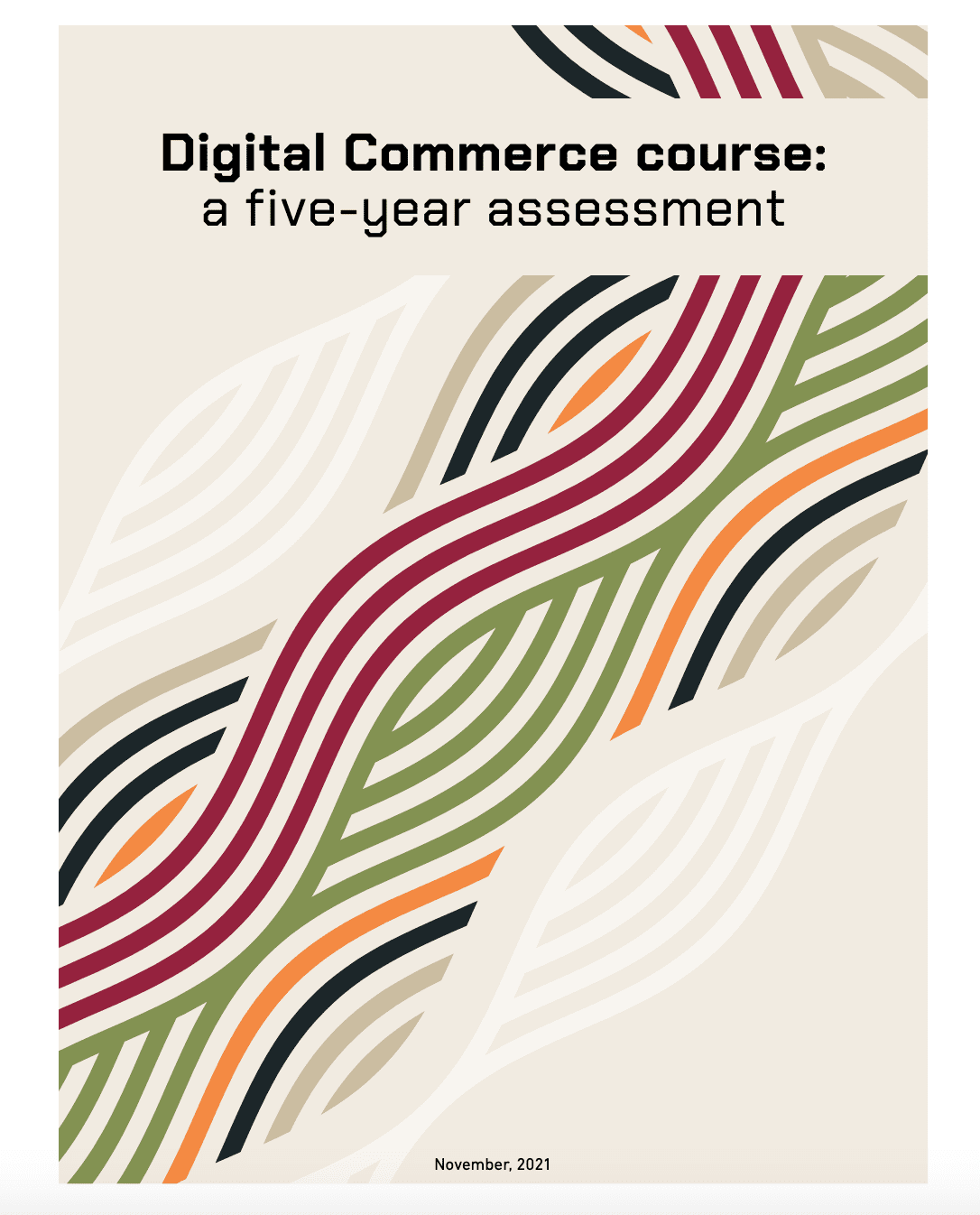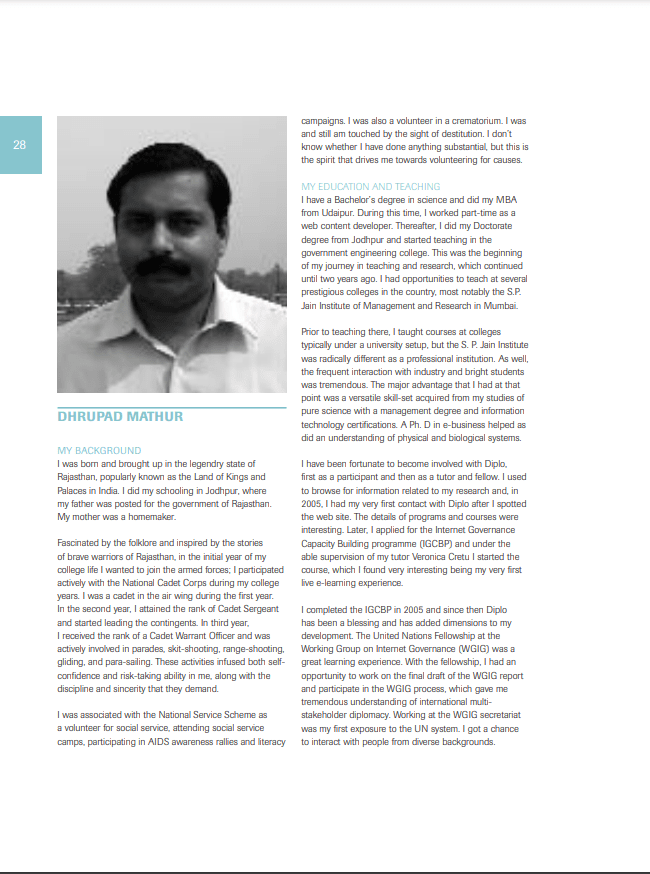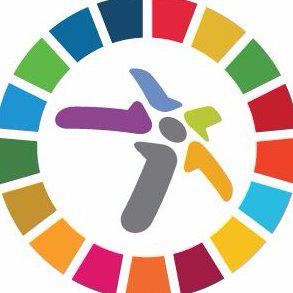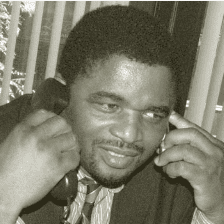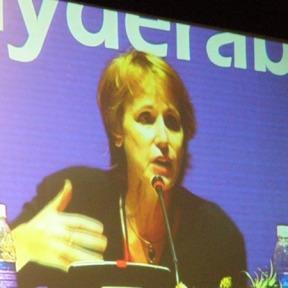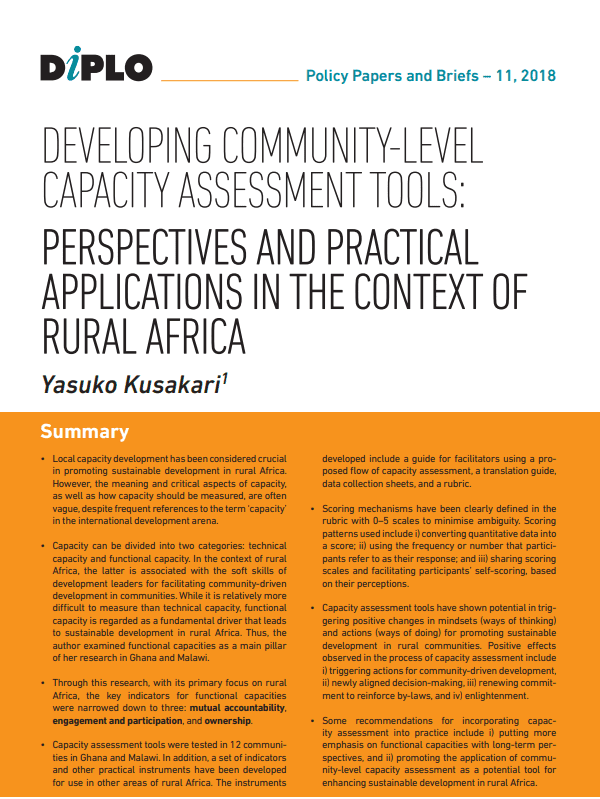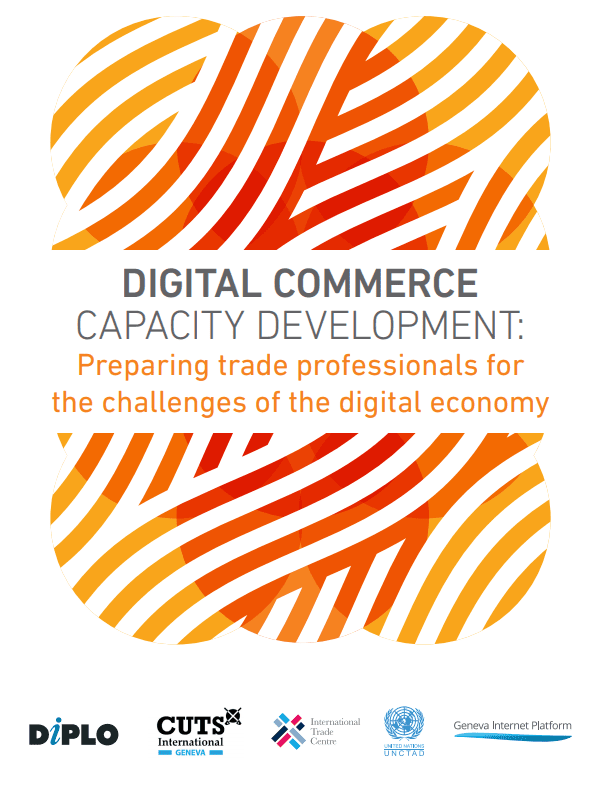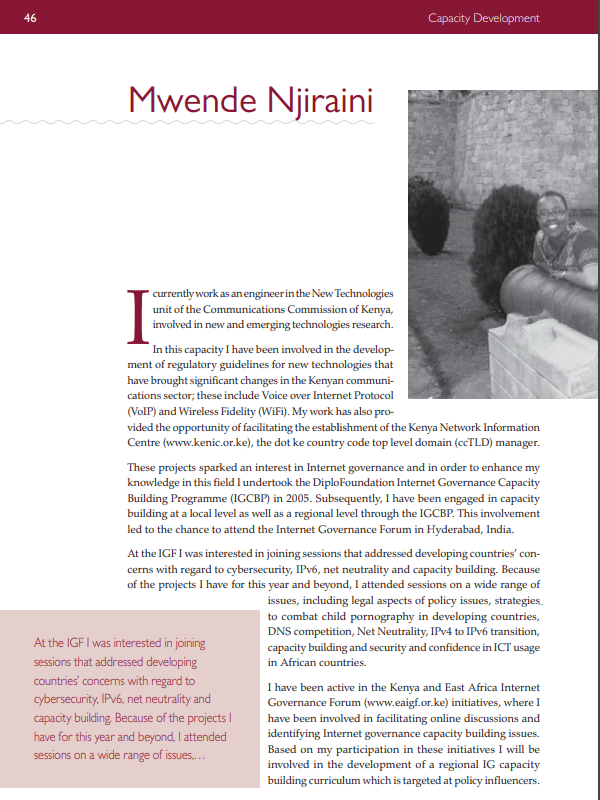
Who are the key people you need to organise and run a meeting or event? Generally, a moderator (or host) is always required, regardless of the size of the group. As for the rest, it depends on the size of your event… and your resources.
Larger gatherings which include the option of participating through a chat discussion will require a chat moderator. It is common to underestimate the dynamics and fast tempo of a chat-based discussion, in comparison to audio-interventions. Audio or video interventions involve one-track conversations; chat discussions often run in parallel, and are multi-directional among participants. The lack of a chat moderator can impact the ability of participants to engage in discussion; it can also lead to the main moderator becoming confused through trying to juggle parallel conversations.
Another essential role is that of a technical person. While for smaller meetings, the meeting organiser may set up the meeting, distribute the meeting link, and record or generate transcripts, the dynamics change with larger groups. A technical person is usually in charge of setting up the platform and integrating other tools, setting up the interactive segments, running tests with moderators and speakers (if time allows), and trouble-shooting technical aspects during the meeting.
Depending on the size – and budget – of the meeting, the team organising, running, and following up after an event can include additional moderators to handle parallel and/or multiple sessions, and more technical staff to provide assistance and tech support.
Who’s who in an online conference
The organiser in many cases also assumes the role of moderator.
The speakers are invited topic experts who provide substantive input to the discussions.
The chat moderator follows and facilitates the text-based chat by providing comments, asking probing questions, and serving as the bridge between participants’ written questions/comments and the main moderator. It is useful if the chat moderator is familiar with the meeting topic.
The tech host ensures that the technology operates smoothly and assists participants who have access problems.
The multimedia assistant helps with multimedia aspects, including interaction tools during the event. This function is often performed by the tech host.
The creative designer designs video, illustrations, and other artistic elements. Very often, the designer (or a team of designers) also works closely with the communications person.
The communications person liaises with the organiser to communicate with the organisation’s network, including through social media tools, to announce public events. If the event is planned well in advance, a ‘save-the-date’ message may be sent. Closer to the event, the registration link needs to be set up before the event is communicated widely.
The rapporteur prepares a summary report from the session or event for follow-up communication. The rapporteur should have substantive knowledge of the topic.




